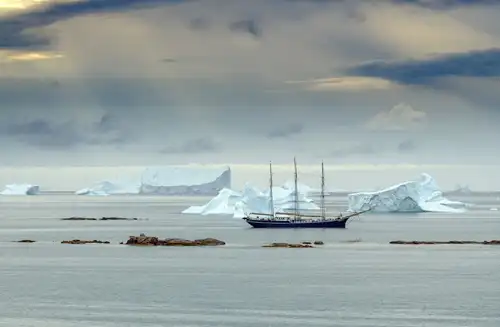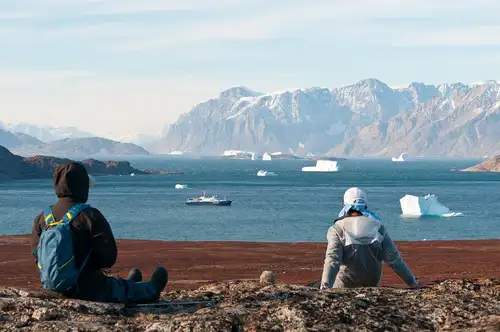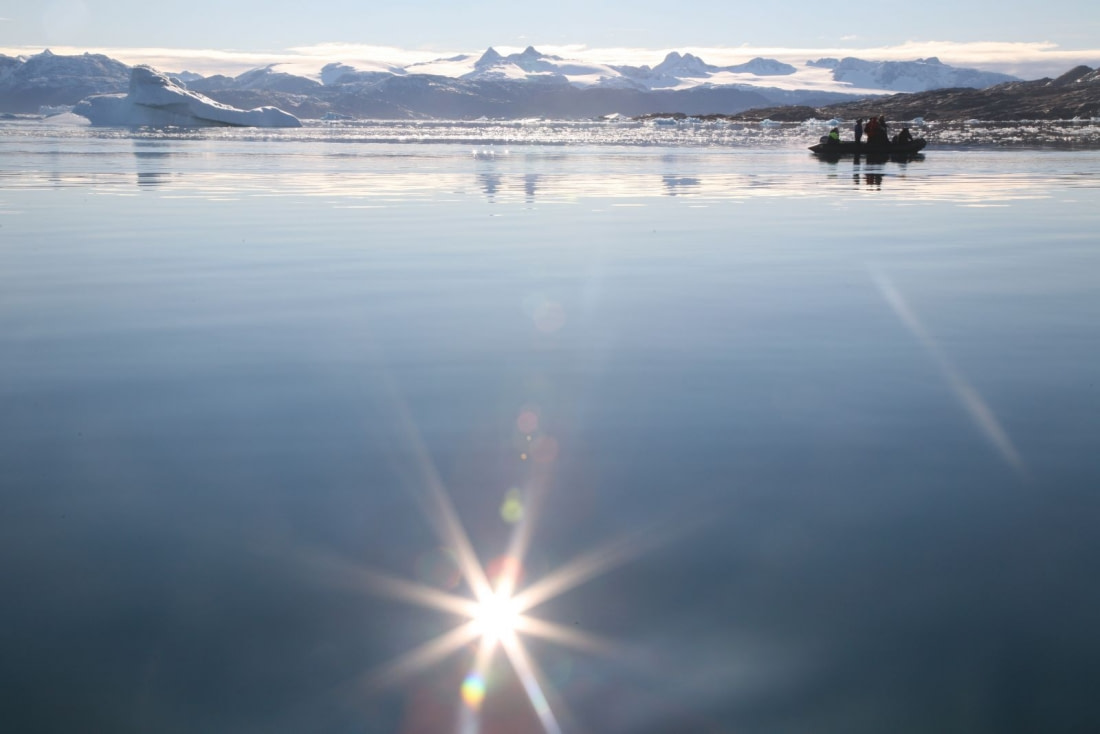
It isn’t always bitterly cold either.
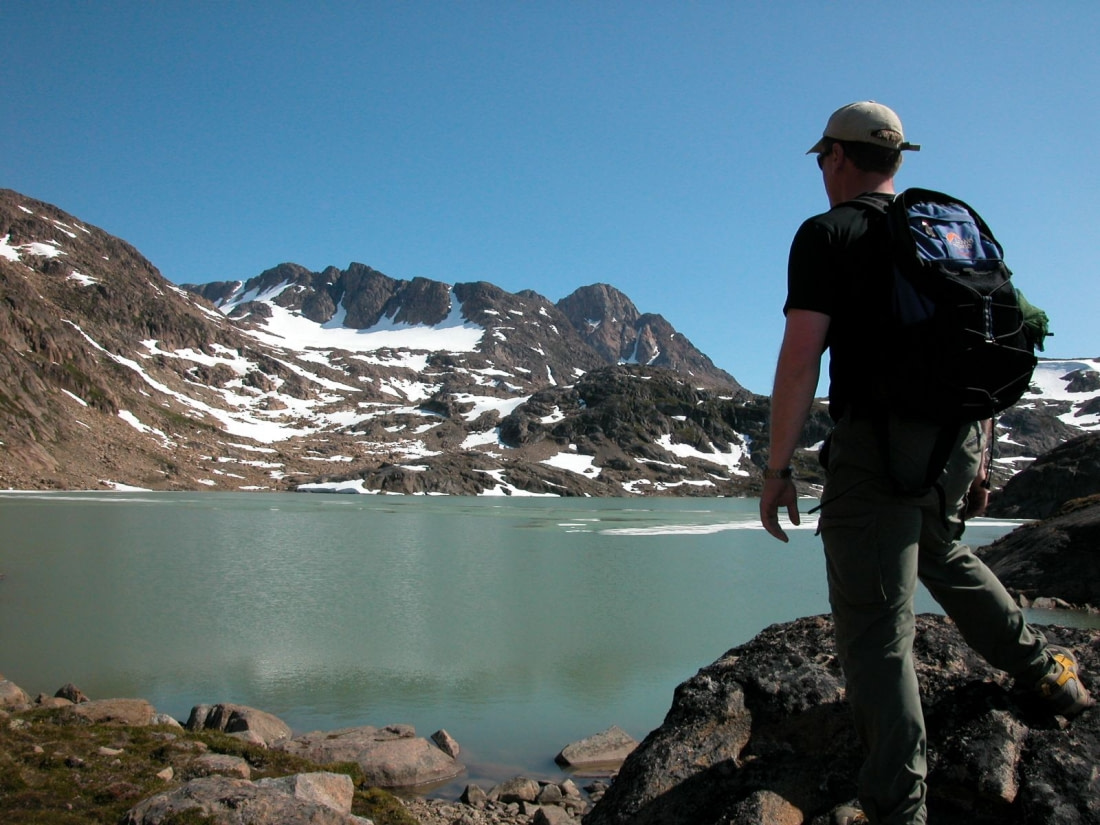
The locals don’t all live in igloos.
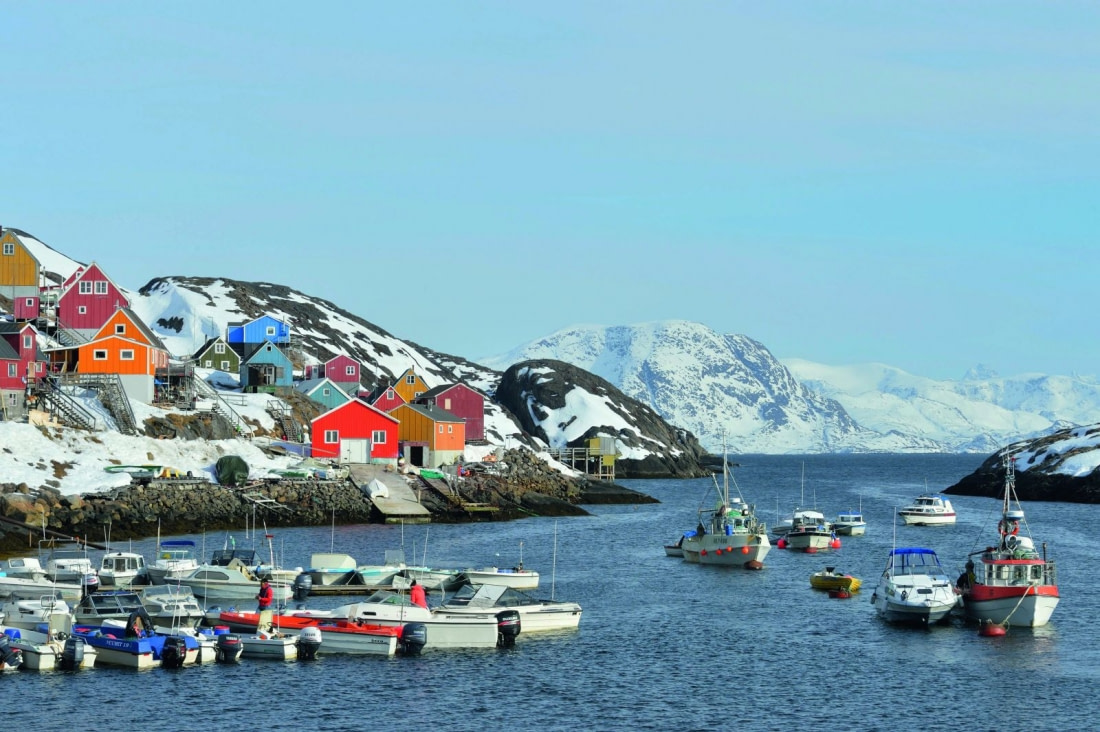
And there isn’t a polar bear lurking around every corner.
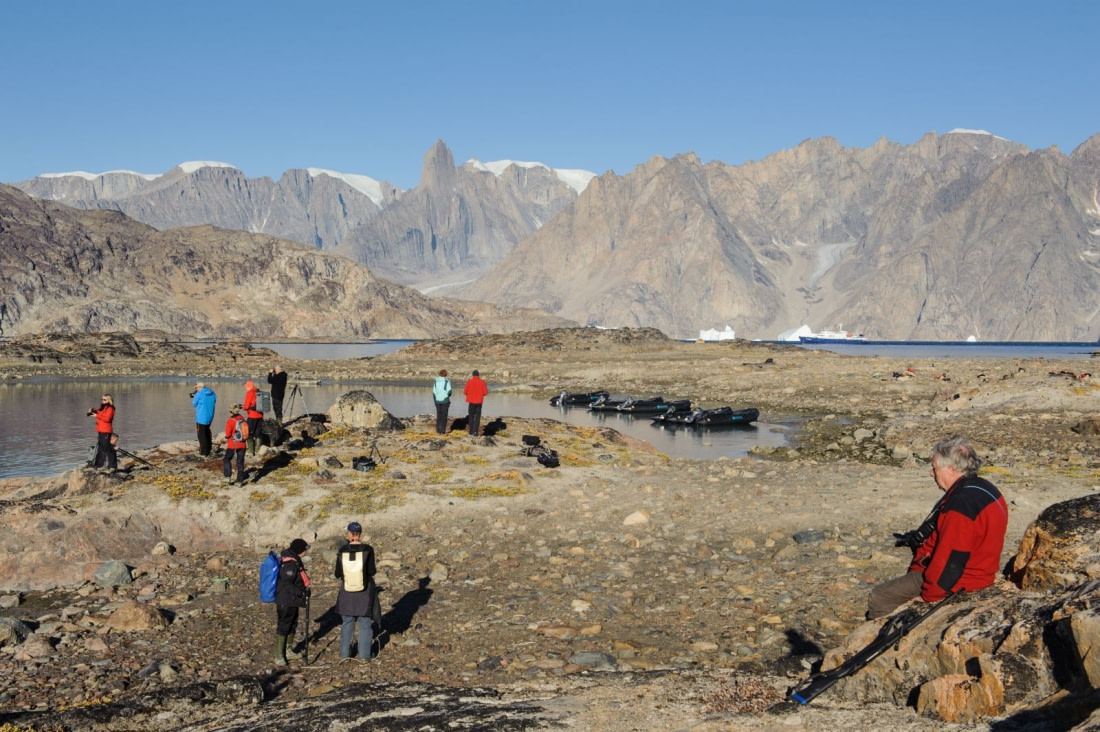
Although you can indeed find them if you put in some effort (and have a little luck).

Greenland isn’t just one big sheet of ice.
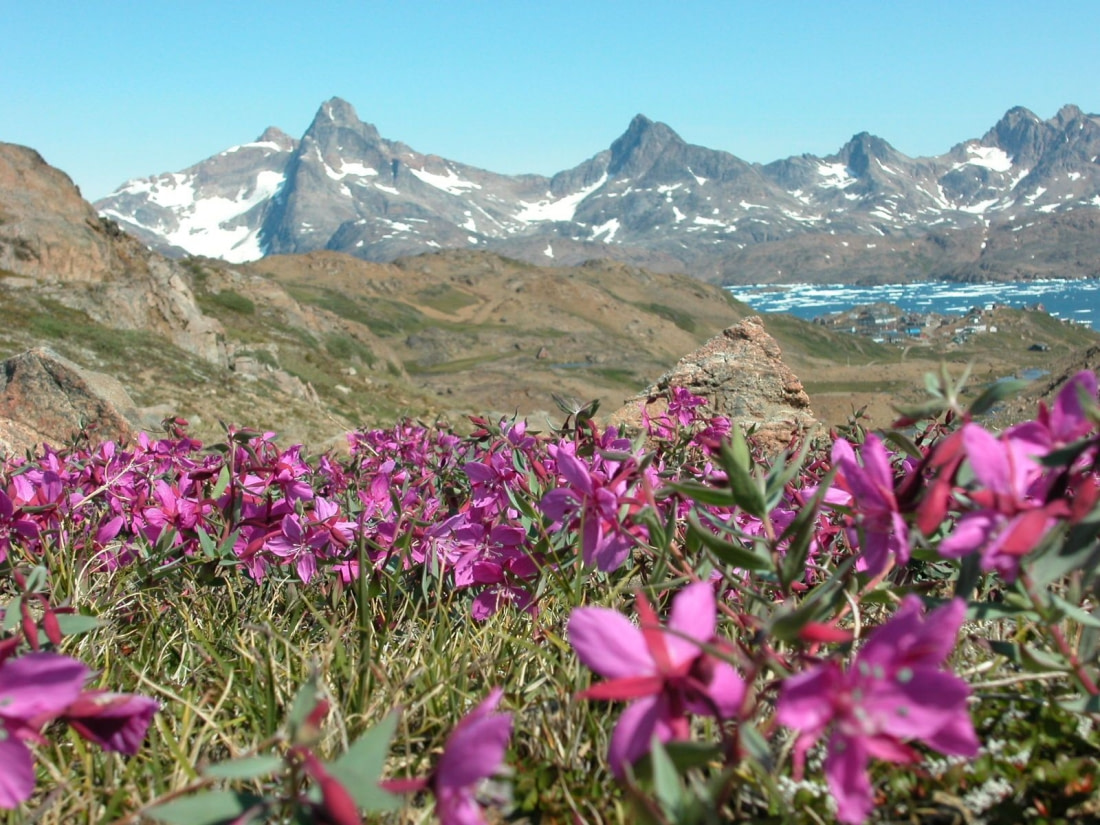
Although snow and glaciation can make for some breath-takingly beautiful vistas.
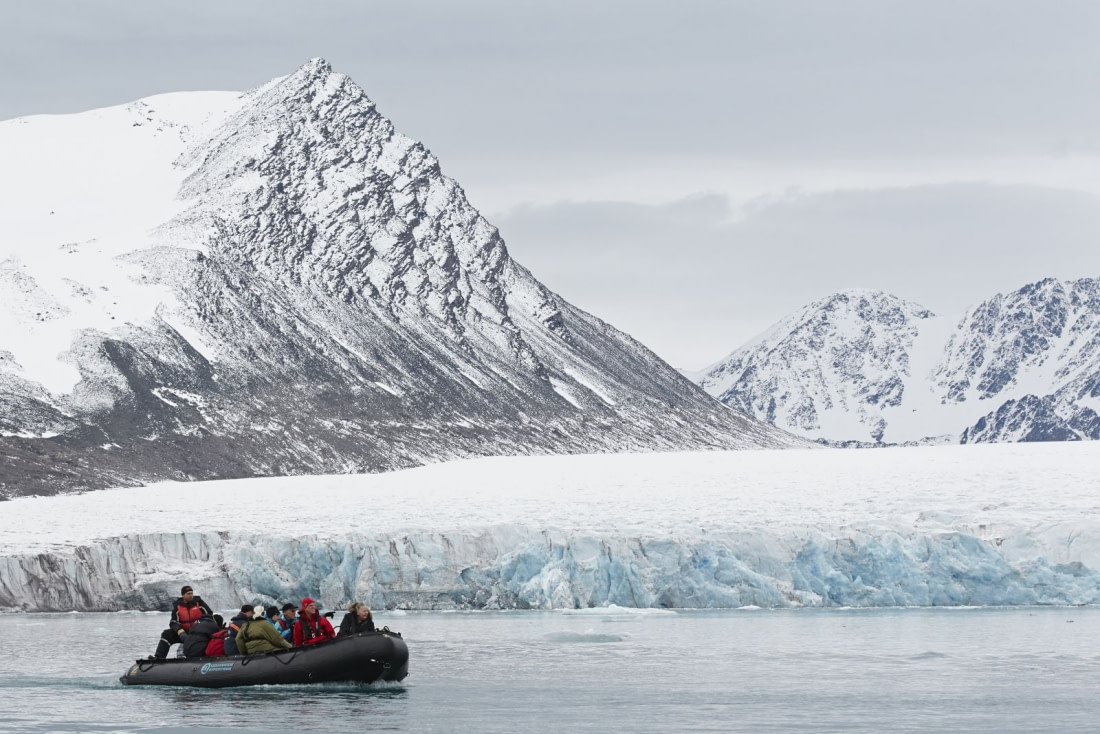
Sure, Greenland is great for iceberg-spotting.
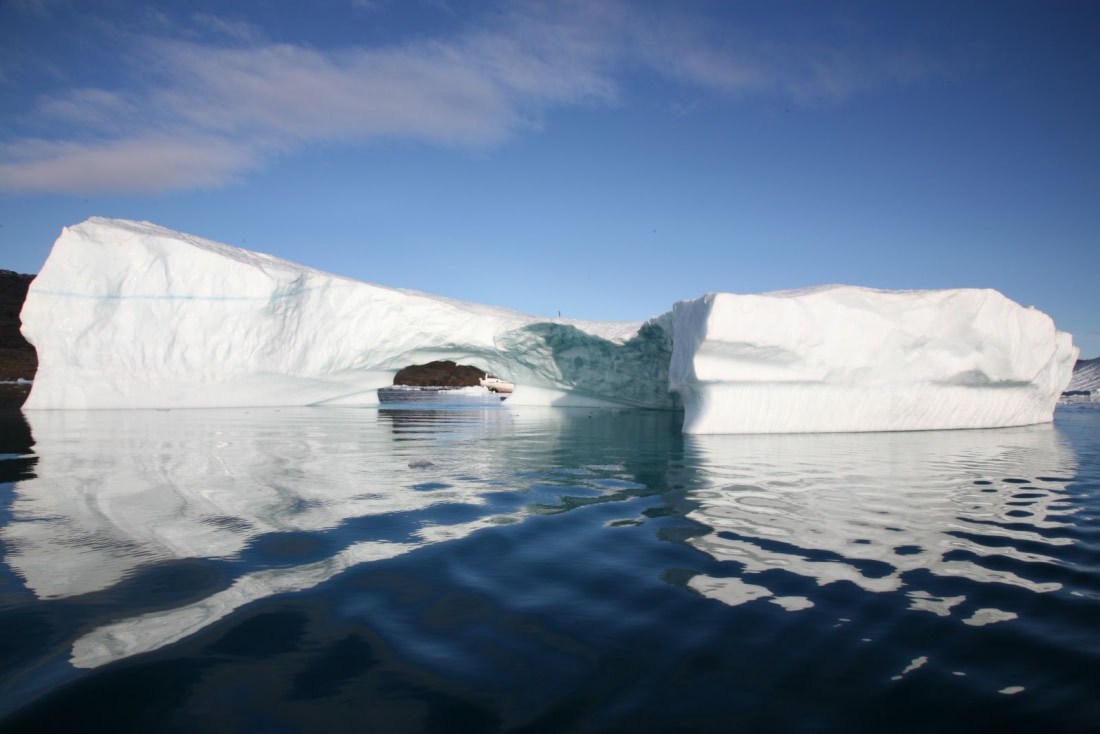
But this is a Greenland cruise after all.
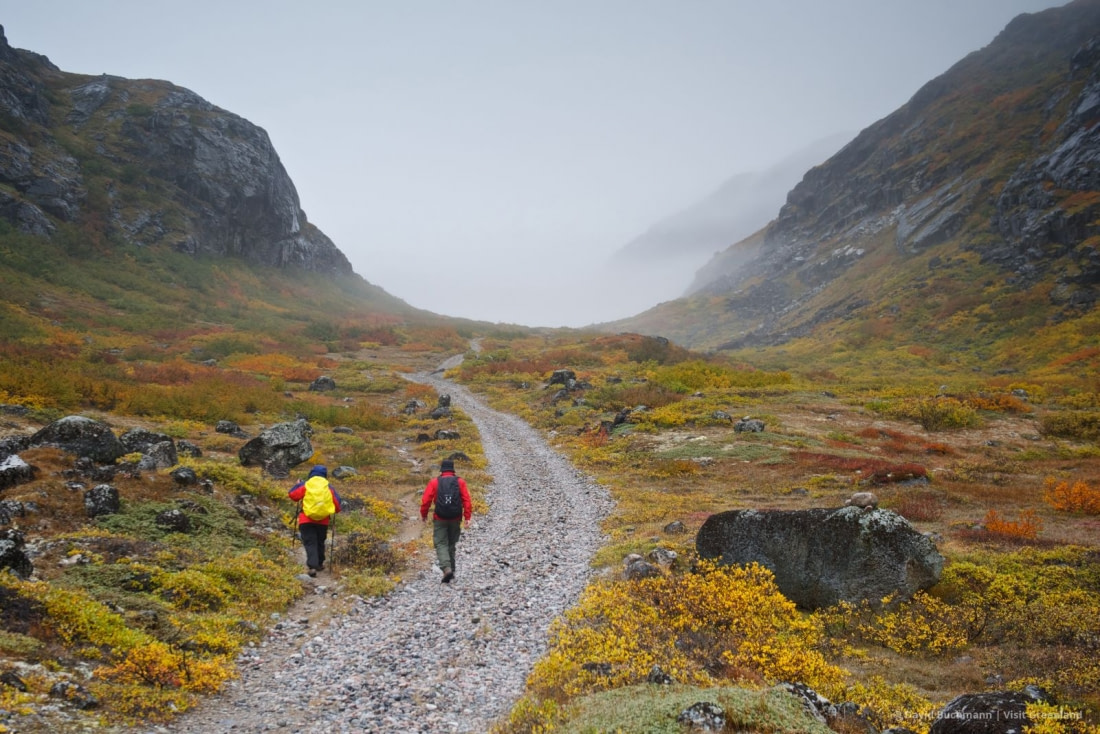
So come aboard.
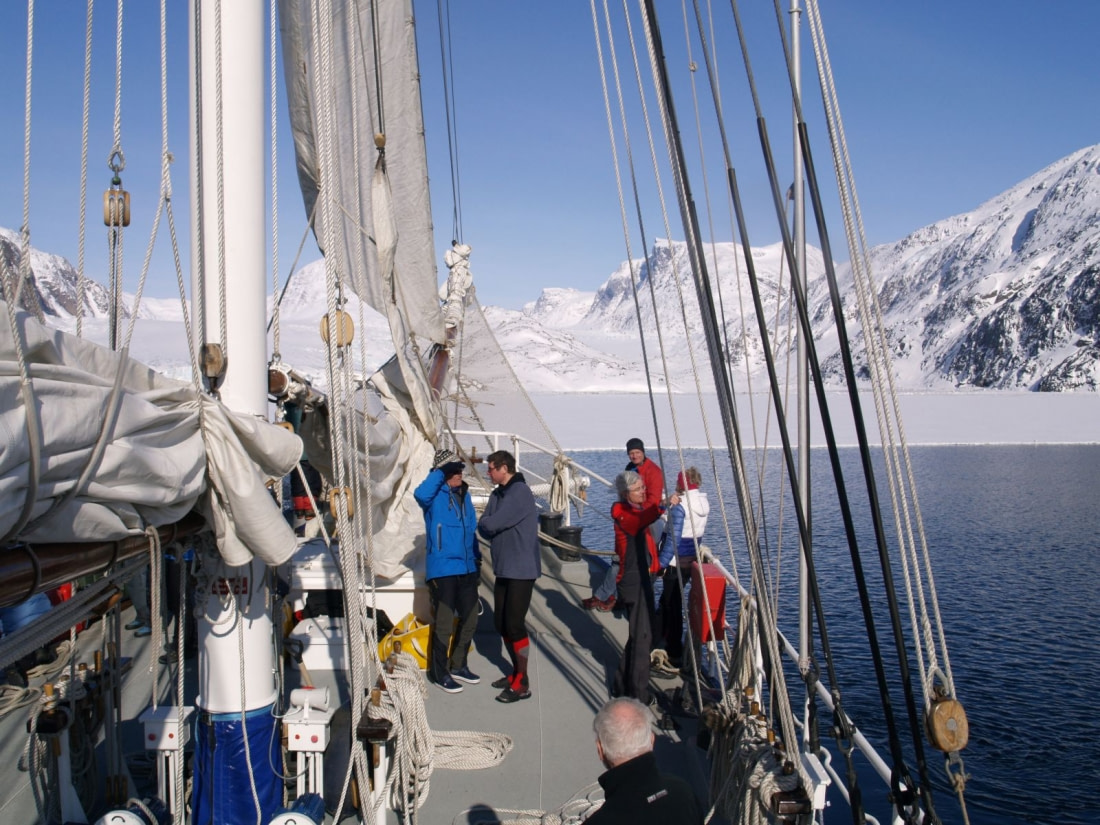
Set sail for the land of the midnight sun.
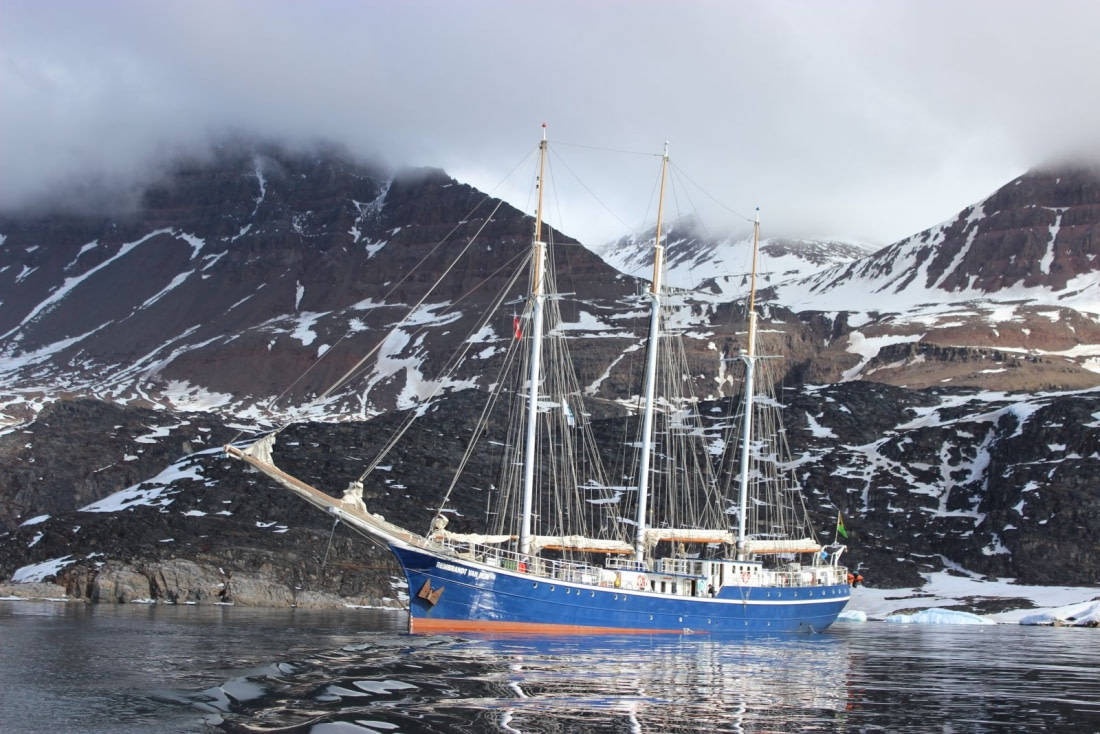
Explore pristine waters.
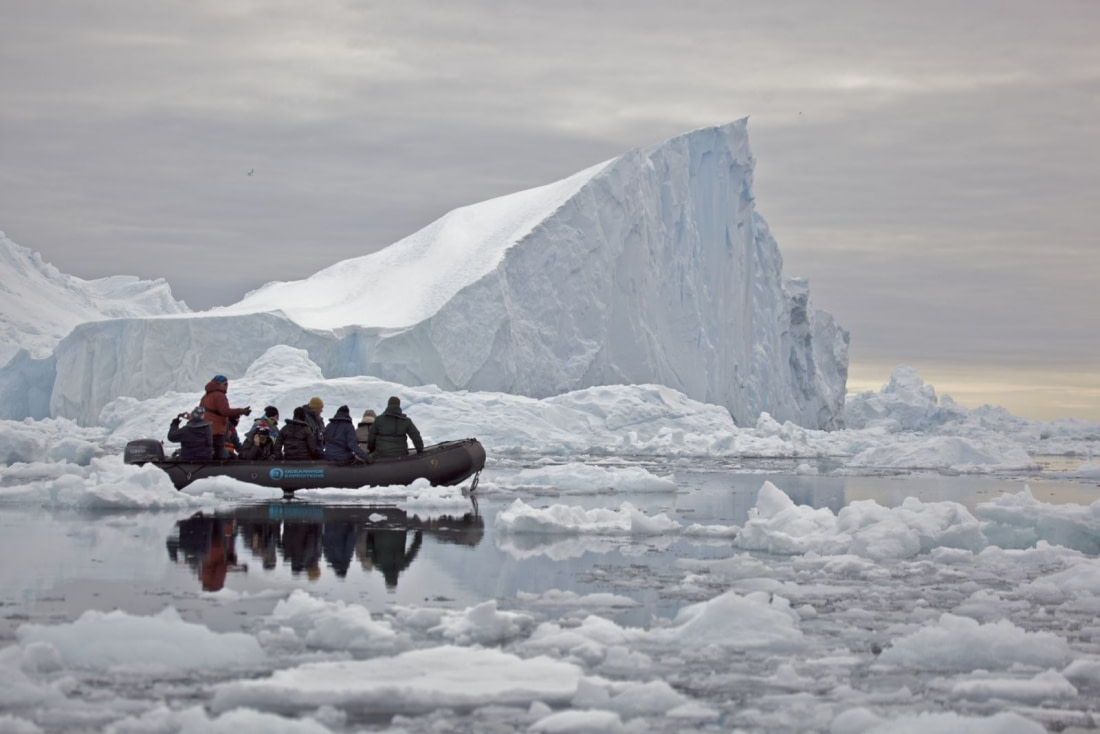
Viking history.
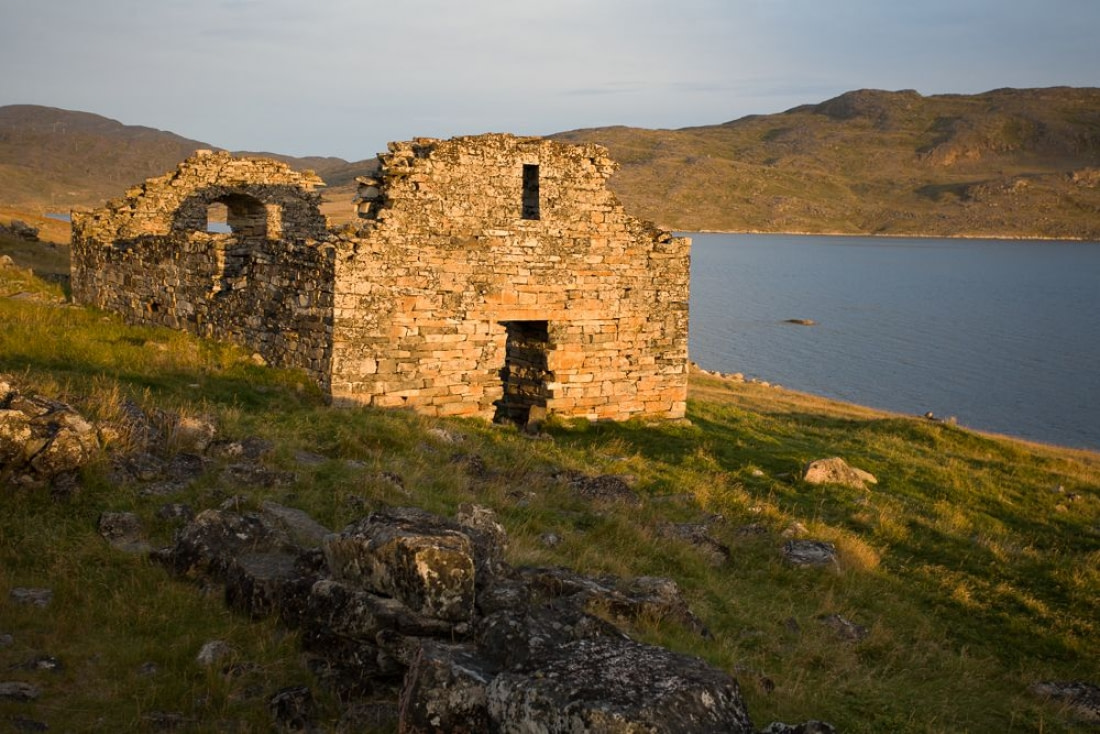
Geology.
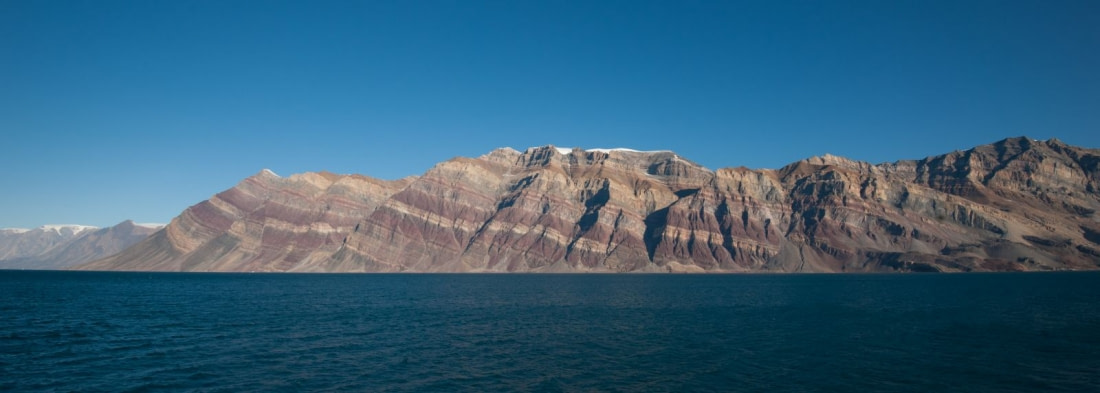
And of course the wildlife. Musk Oxen.
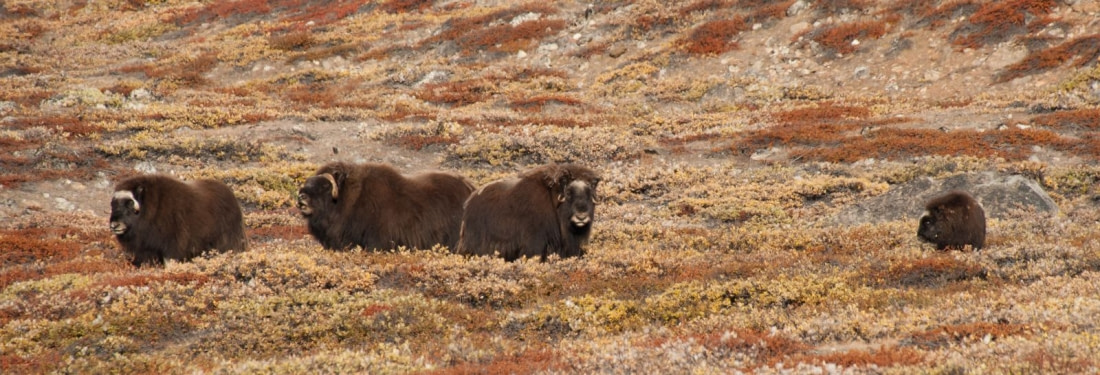
Birds.
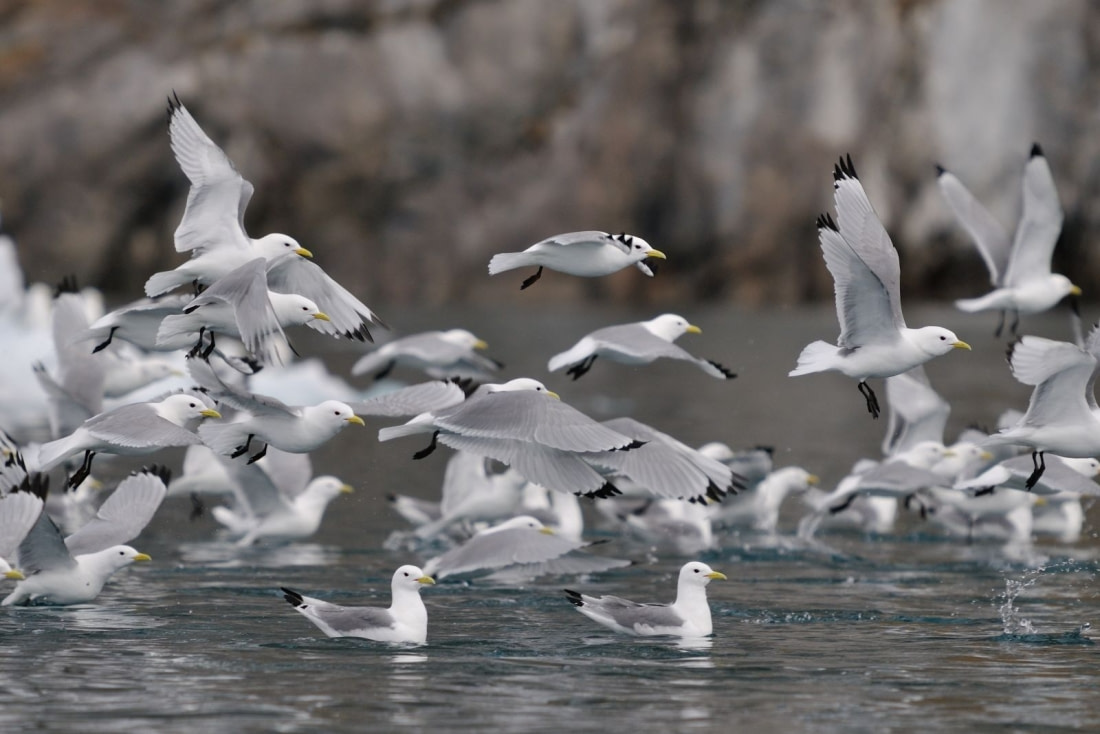
Seals.
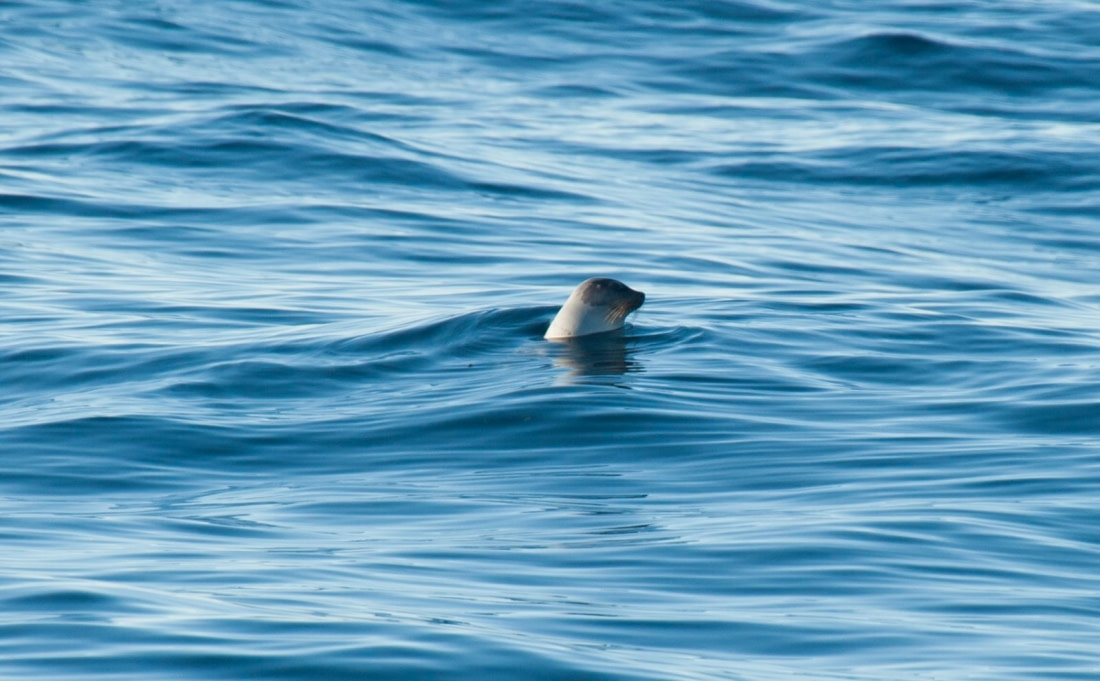
And whales.
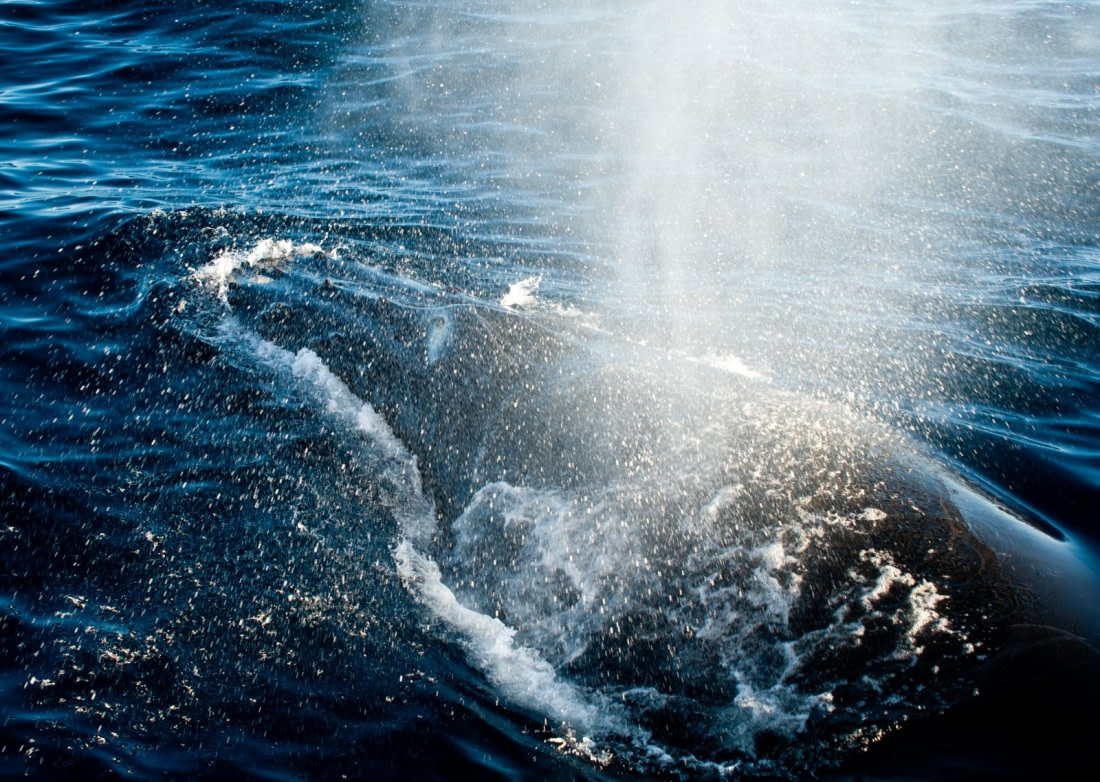
Make no mistake, you’ll be happy that you did.
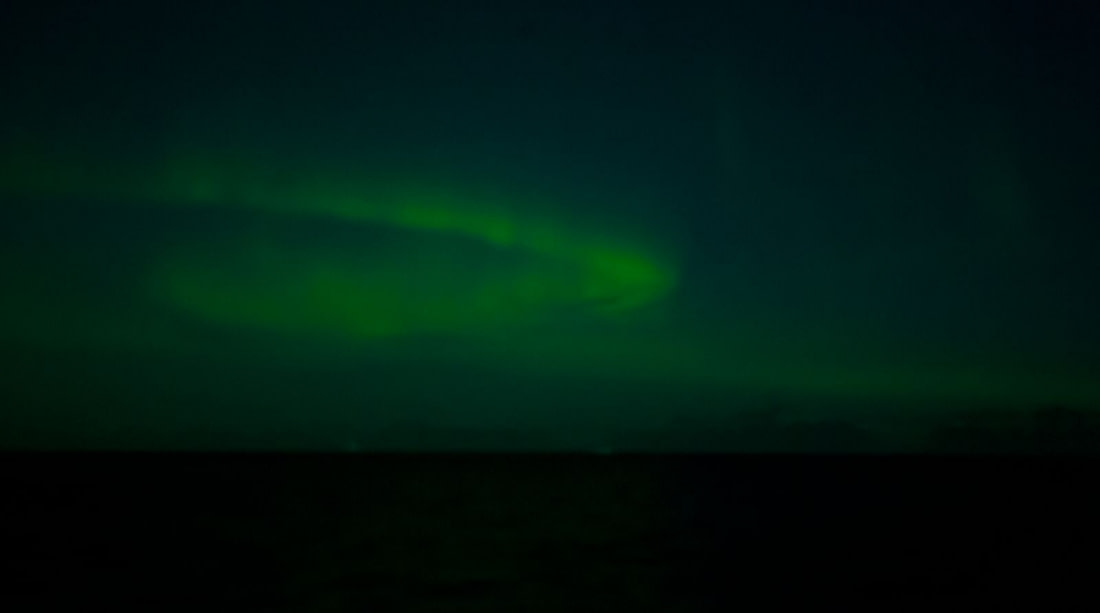
Best Deals
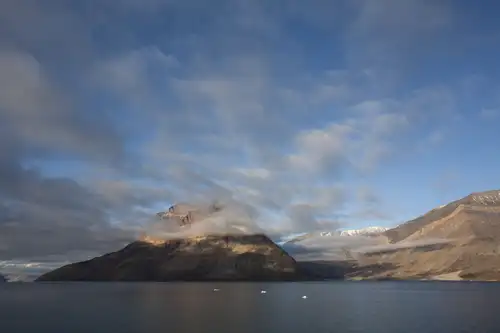
East and South Greenland Explorer, Incl. flight from Narsarsuaq to Copenhagen
$ 11.000

Ultimate East and South Greenland Discovery
12.920
$ 9.690

Spitsbergen - Northeast Greenland - Aurora Borealis, Including Long Hikes
$ 7.450
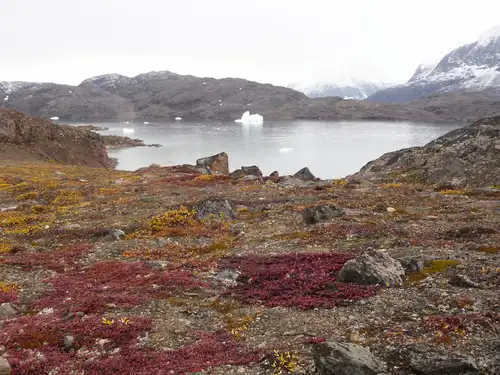
East Greenland, Scoresby Sund - Aurora Borealis, Including Long Hikes
$ 5.650
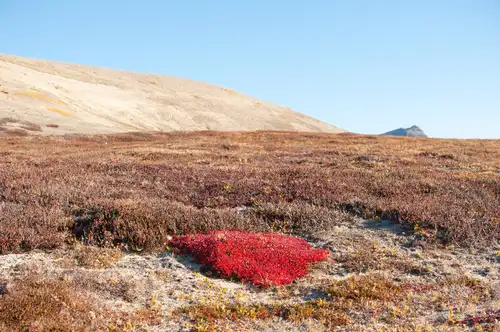
South Greenland Explorer, Aurora Borealis, Incl. flight from Copenhagen to Narsarsuaq
$ 5.150
Related Trips
Blog


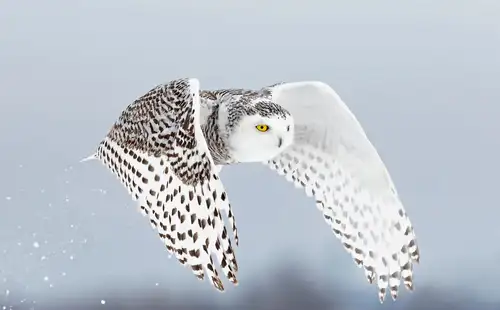
Blog
Secrets of the Snowy Owl: Habitat, Adaptations, and Other Facts
The snowy owl (Bubo scandiacus), also known as the great white owl or Arctic owl, is one of the most distinctive bird species on the planet. While you wonât find them in all areas of the Arctic â they donât exist in Svalbard due to the lack of lemmings â snowy owls are seen in the polar regions of Eurasia and North America and are a potential visitor during Greenland cruises. The binomial species name, âscandiacus,â is derived from Scandinavia, as this is where the bird was first discovered. The snowy owl is the official bird of Quebec, and they are a must-see for countless bird watchers and naturalists.
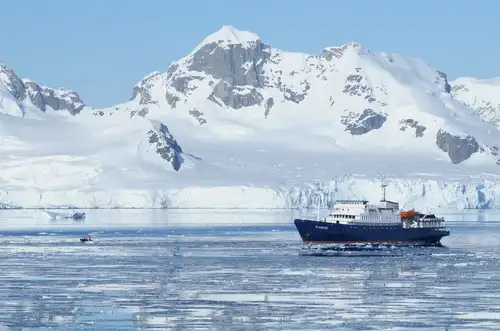
Blog
The Ultimate Traveler’s Guide to the Arctic and Antarctica
Sunrises or sunsets? Coffee or tea? Polar bears or penguins?
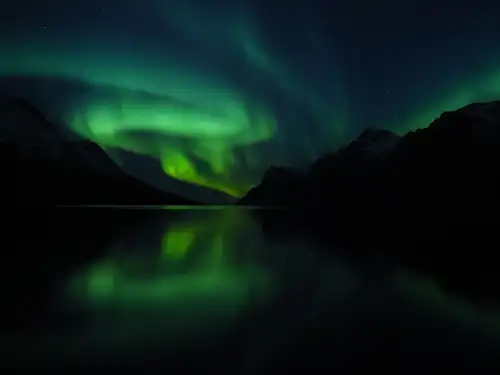
Blog
10 Illuminating Facts about the Northern Lights
In Roman mythology, Aurora was the goddess of the dawn. The term "borealis" is derived from the Greek word for "wind." Thus, "aurora borealis" translates to "dawn wind," commonly known as the Northern Lights. This natural phenomenon has captivated humanity for millennia and remains a major attraction in the Arctic, with numerous cruises dedicated to witnessing this mesmerizing light display.
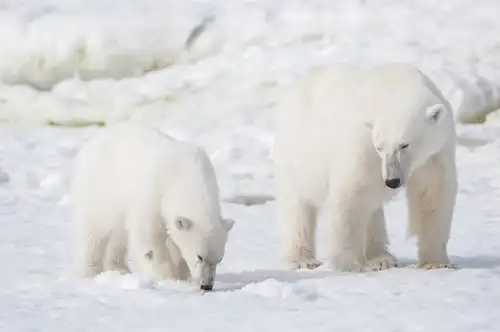
Blog
The polar bear: king of the Arctic food chain
As apex predators, polar bears reign supreme in the Arctic food chain. Only humans pose a threat to this massive and majestic species. But one look at these magnificent creatures explains why so many people embark on Arctic trips hoping to spot a polar bear in its natural habitat.
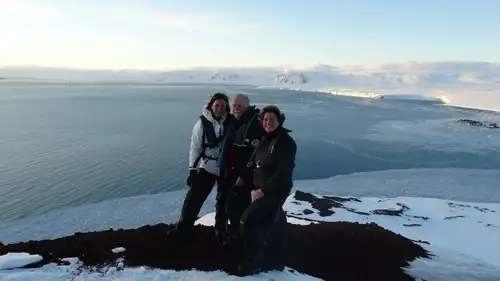
Blog
Polar Cruises: The Ultimate Icebreaker
Travel is one of lifeâs great eye openers. It brings you into contact with new people and perspectives, challenges old assumptions you havenât held to the light in years, and invites you to make unexpected discoveries about the world around you â and most of all, yourself. Added to which, you get to visit places you never knew you loved until you saw them.
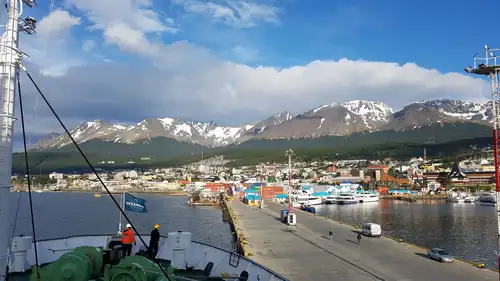
Blog
Seven Things to Do around Ushuaia
We often recommend arriving early to Ushuaia before embarking on an Antarctica cruise, and for good reason: Ushuaia, on top of being the southernmost city in the world, has in recent years developed into a decidedly charming tourist destination.
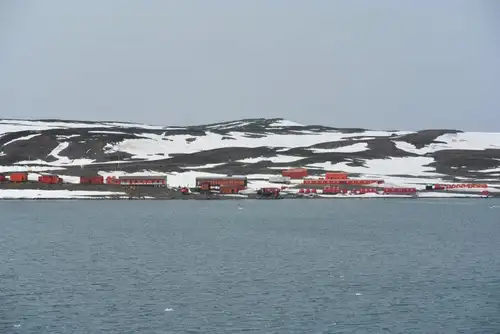
Blog
Living the Antarctic Dream
From October to March, during the Austral summer, thousands of breeding gentoo, Adèlie, and chinstrap penguins flock to the Western Antarctic Peninsula to rear their chicks and feast on krill before the harsh winter arrives. Alongside the penguins, field biologists from around the world gather to study these habits for conservation research. Observing these animals is one thing, but residing in an Antarctic field station for an entire breeding season is another. One particular field camp on King George Island, managed by American scientists, has perfected this Antarctic lifestyle and has thrived for over 30 years.
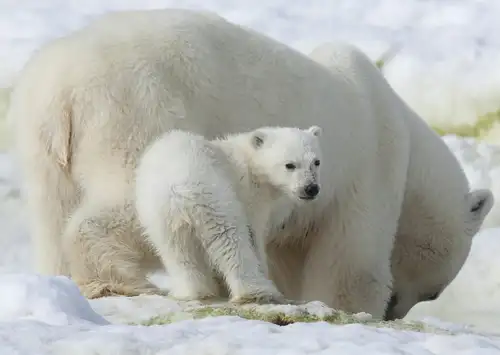
Blog
Arctic Icon: 10 Facts about the Polar Bear
Polar bears are to the Arctic what penguins are to Antarctica.
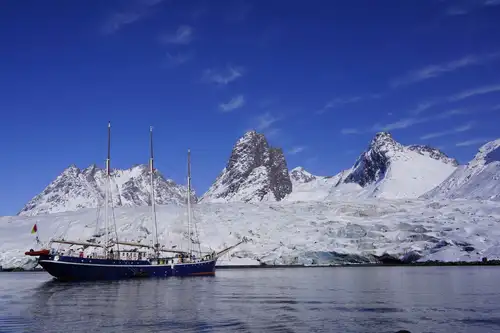
Blog
5 Misconceptions You Might Have About Greenland
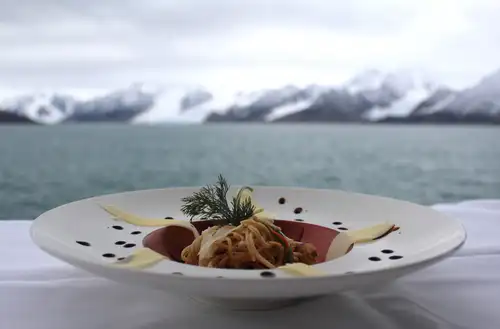
Blog
Polar Cuisine in Pictures
Embarking on a polar expedition cruise to some of the world's most remote and wild locations doesnât mean you have to compromise on fine dining.
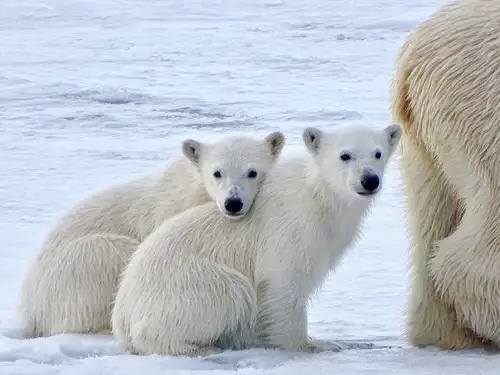
Blog
Where the Polar Bears Roam
Going to the Arctic without clapping eyes on a wild polar bear can be reasonably compared to visiting Africa without seeing a giraffe or a zebra or, most analogously, a lion.

Blog
The World Is Changing for Greenland's Native Inuit People
You may know them as Eskimos, but the people of the Arctic are officially called the Inuit. Historically, they were hunters in the truest sense. For hundreds of years, they survived the worldâs harshest conditions, living off their prey of whales, seals, polar bears, musk oxen, birds, fish, and reindeer. This has always been their way of life.
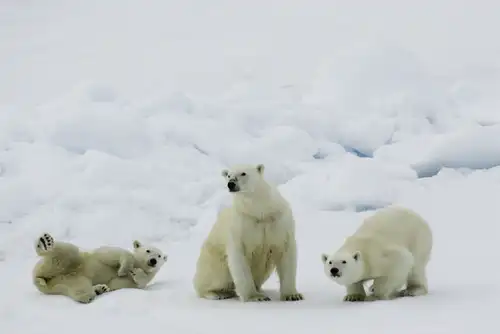
Blog
Polar bear encounter in Spitsbergen
I watch the sea ice from the bridge of a ship in one of the fjords of Spitsbergen, an archipelago north of Norway. I observe a perfectly adapted animal moving on the ice, the results of hundreds of thousands of years of ecological fine-tuning. Snowshoe-sized paws distribute weight, fur handles the cold and sunlight to perfection, and an incredible sense of smell samples this monochromatic realm.
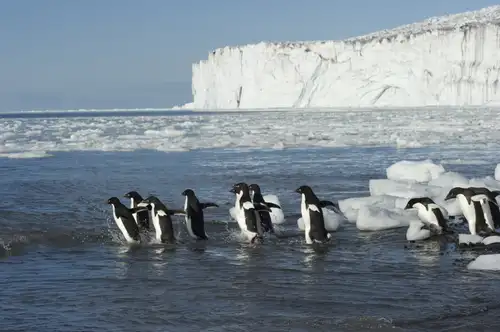
Blog
The bio-richness of the Ross Sea
The Ross Sea is one of the most stunning and untouched marine areas globally. This sea, which remains frozen for most of the year, spans 3.6 million square kilometers (1.4 million square miles) along the Antarctic coast south of New Zealand. Its waters harbor a biologically diverse ecosystem of species that have flourished, unchanged, for millennia.

Blog
Top Antarctica Cruise Experiences for 2025
Antarctica, the worldâs southernmost continent, captivates adventurous travelers with its breathtaking landscapes and rich biodiversity. Cruises to this icy destination offer unparalleled access to pristine wilderness, unique wildlife, and transformative experiences. In 2025, the allure of Antarctica promises to be even greater, with cutting-edge expeditions and eco-conscious travel options reshaping the journey south.
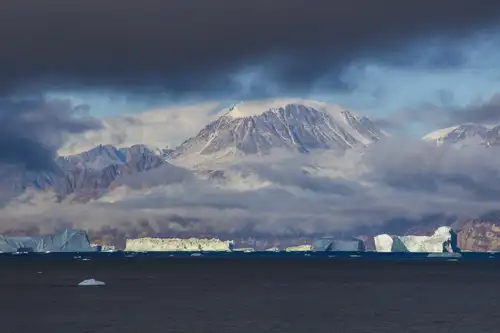
Blog
Greenland: East vs. West
East and West Greenland offer vastly different experiences due to their unique climates, wildlife, habitation, and geology.
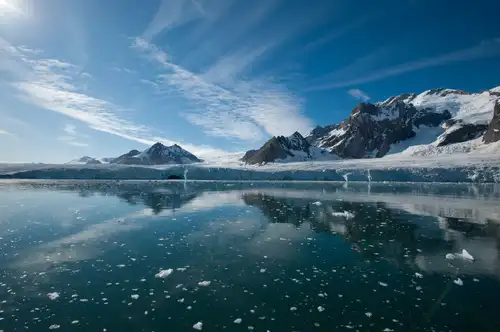
Blog
A Bug’s Life in Svalbard
When you think about Svalbard wildlife, you might imagine reindeer, Arctic foxes, polar bears â the primary animal attractions that draw passengers to an Arctic cruise. But in fact, the Svalbard archipelago is a thriving location for over 1,000 species of terrestrial and freshwater invertebrates: animals that lack backbones. Despite this richness of life, however, these invertebrates are only found in the Isfjord and Kongsfjord areas of these wonderfully diverse islands.
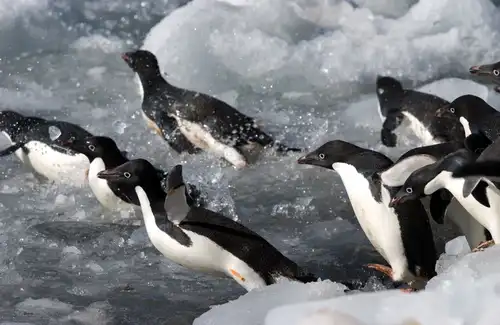
Blog
Adélie Penguins: the Little People of the Antarctic
Described as âan object of endless pleasure and amusementâ by Apsley Cherry-Garrard, survivor of Robert Falcon Scottâs ill-fated Terra Nova expedition to the South Pole, the Adélie penguin stands with the regal and iconic emperor penguin as one of only two penguin species found on mainland Antarctica.
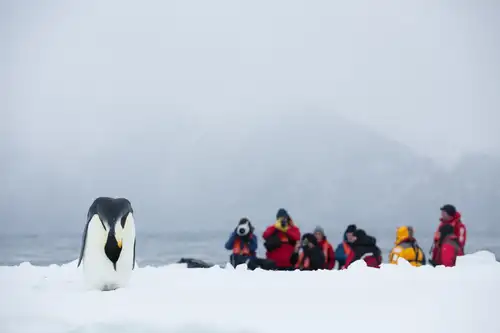
Blog
Five Reasons You Should Cruise the Ross Sea Immediately
In our search for lesser-known holiday spots that still offer fully developed amenities like spas and gift shops, we often miss out on some of the planet's truly underrated treasures.
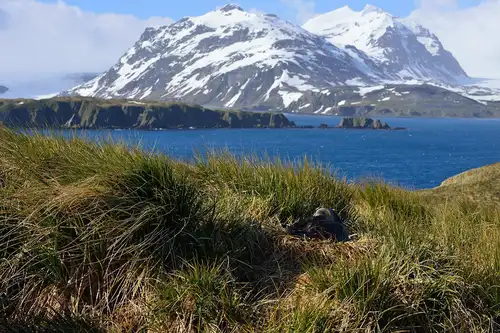
Blog
The Plants of Antarctica
Surviving in Antarctica is a monumental challenge for any plant. The extreme cold, limited sunlight, scarce moisture, poor soil, and short growing season make it nearly impossible for most flora to thrive. Yet, some plants have adapted to these harsh conditions and have managed to flourish where others cannot.



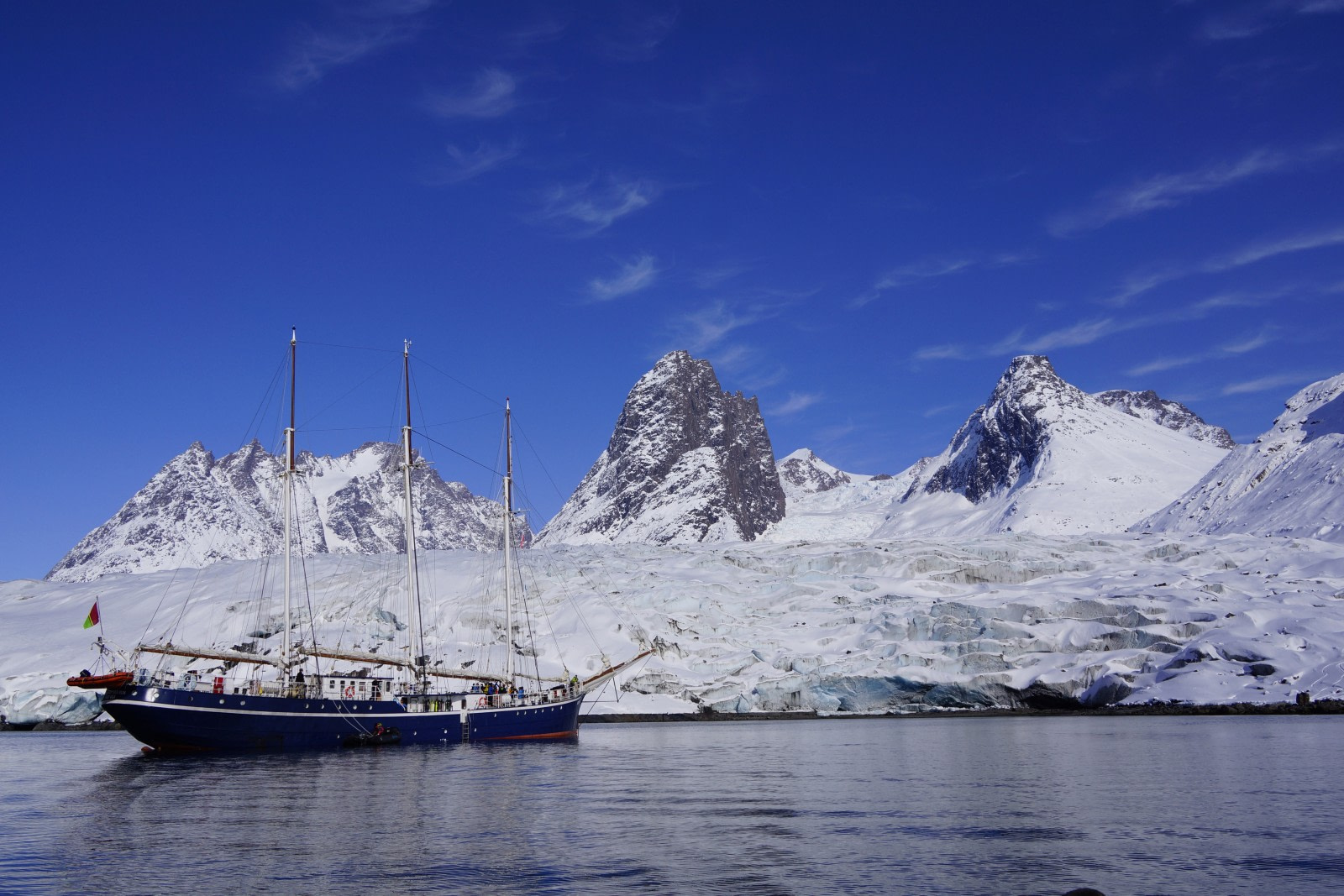
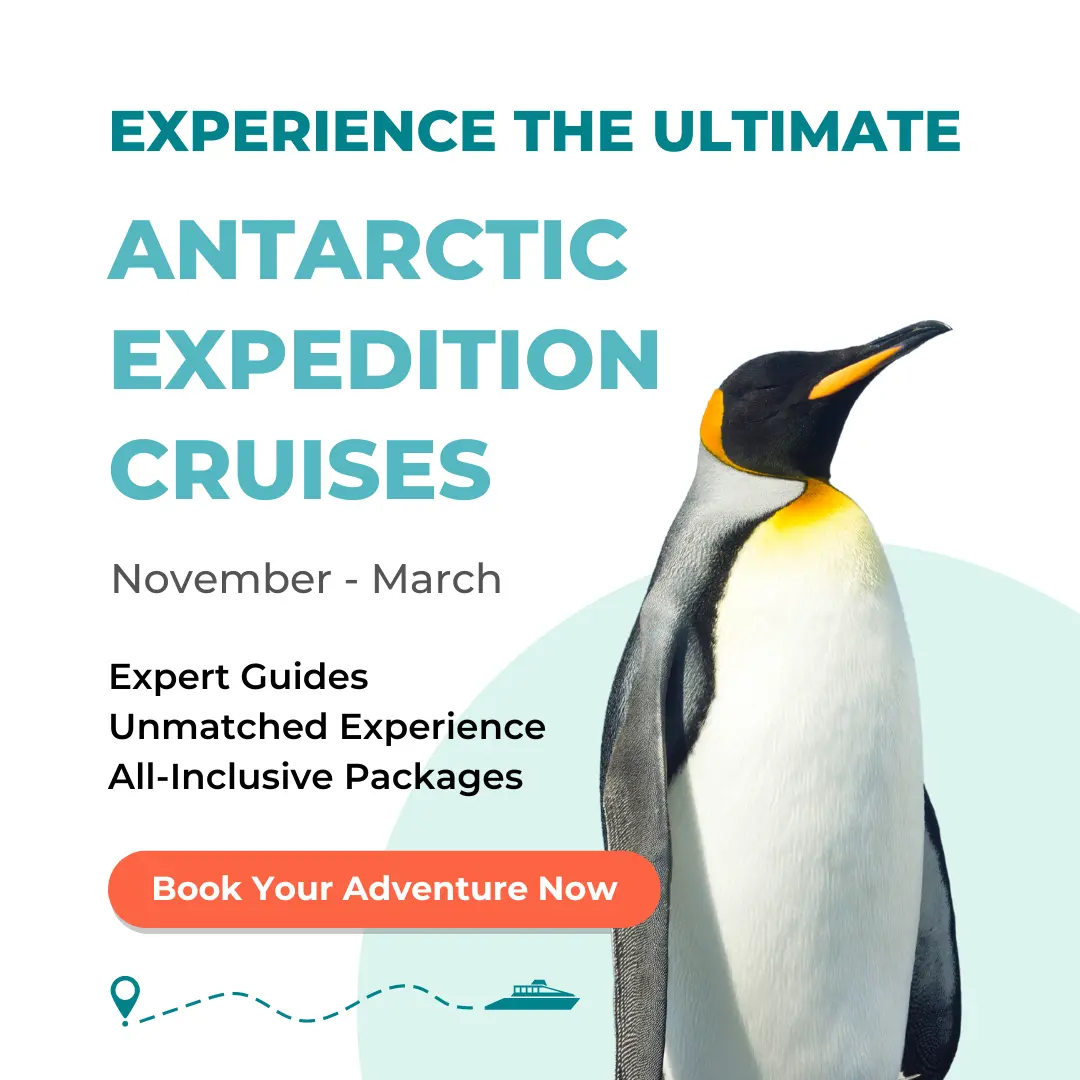
 21 Days / 20 Nights
21 Days / 20 Nights

